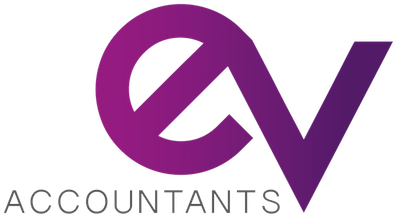The vernal equinox has been and gone, the clocks go forward in the early hours of Mother's Day, and a new financial year is just a week away.
Here's a summary of five main changes to tax rates and allowances that may affect your personal finances over the next 12 months.
Income tax
The personal allowance is increasing from £11,850 to £12,500 across the UK on 6 April 2019, at which point the higher-rate threshold will rise to £50,000 for all taxpayers except those in Scotland.
So, if you earn more than £50,000 a year in England, Northern Ireland or Wales, you can expect to pay the Revenue £7,500 in income tax for 2019/20.
By comparison, higher-rate taxpayers in Scotland will owe HMRC £9,044 in income tax for the same period - resulting in Scots being £1,544 worse off than their counterparts down south.
Residence nil-rate band
While the main inheritance tax threshold remains unchanged at £325,000 for 2019/20, the residence nil-rate band is increasing from £125,000 to £150,000.
The family home allowance, to use its more colloquial name, enables eligible people to pass on a property to family members and potentially save on death duties.
You may be able to pass on the family home worth up to £475,000 - £950,000 if you are married or in a civil partnership - in 2019/20 without your estate being liable for inheritance tax.
Capital gains tax
If you're looking to sell an asset that has increased in value since you bought it, your profit may be liable for capital gains tax.
The tax-free allowances for capital gains have increased to £12,000, or £6,000 for assets held in trust, for 2019/20.
Should the gain exceed either threshold when added to your income, and keep you in the basic-rate band, you will pay capital gains at 10% - or 20% if the gain takes you into the higher-rate band.
The rates differ if you are selling residential property which is not your principal private residence, at 18% in the basic-rate band and 28% above the basic-rate band.
Marriage allowance
The marriage allowance is available if one spouse or civil partner earns less than the £12,500 personal allowance in 2019/20, while the other pays the basic rate of income tax.
If this applies to you or your partner and you earn less than them, it is possible to transfer £1,250 of your personal allowance to them: this is known as the marriage allowance.
You will need to earn less than £11,250 to be able to do this without paying any tax, but this can reduce your partner's tax bill and be backdated for four years.
Junior ISAs
Junior ISAs enable you to save up to £4,368 - up from £4,260 - tax-free on behalf of a child. For adults, the amount you can save without paying tax remains at £20,000 in 2019/20.
Get in touch for tax-planning help.

